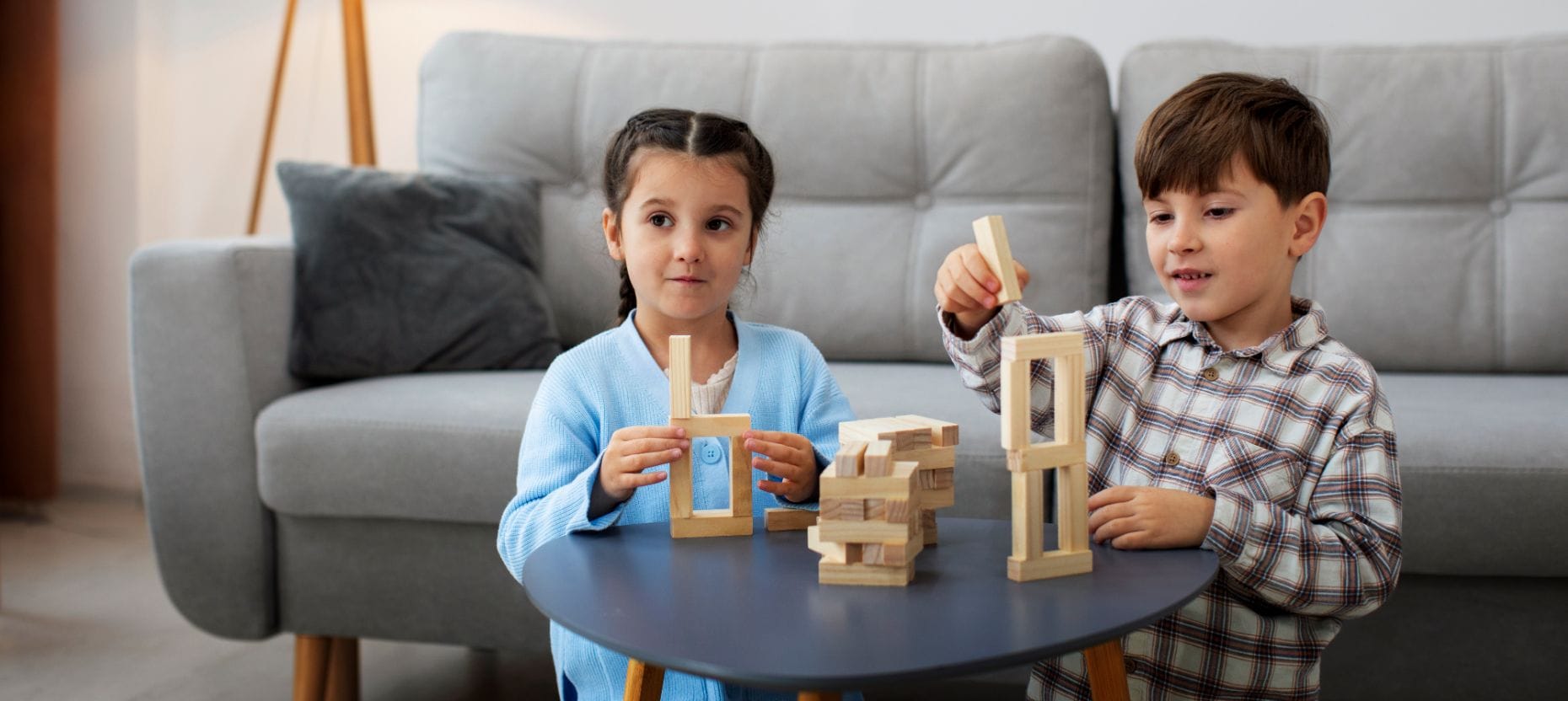As parents, we all want to see our children grow into confident, self-assured individuals who can navigate the challenges of life with resilience. Confidence is a key ingredient for success in almost every area of life—from school and friendships to sports and future career endeavors. However, many children struggle with low self-esteem or self-doubt at various stages of development. As parents, one of the most powerful ways we can help our children is by fostering their confidence from a young age.
In this post, we’ll explore practical tips and strategies for boosting your child’s confidence and helping them build a healthy sense of self-worth.
1. Show Unconditional Love and Support
The foundation of a child’s confidence lies in knowing that they are loved and supported. When children feel secure in their relationships with their parents, they are more likely to develop a strong sense of self-worth. Showing your child love, even when they make mistakes, communicates that they are valued, no matter what
.
- How to Do It: Regularly express your love through words and actions. Say “I love you,” give hugs, and show affection. Acknowledge your child’s feelings and be a constant source of emotional support.
2. Encourage Independence
While it’s natural for parents to want to protect their children, allowing them to make their own decisions and take responsibility for their actions can significantly boost their confidence. When children experience success in solving problems on their own, it reinforces their belief in their own abilities.
- How to Do It: Give your child age-appropriate responsibilities, whether it’s choosing what clothes to wear, helping with household chores, or making decisions about their hobbies. Allow them to take risks and learn from their mistakes in a safe environment.
3. Set Realistic Expectations
Setting achievable goals for your child can help them feel a sense of accomplishment. When children succeed in meeting goals that are challenging but within reach, they develop the confidence to tackle even bigger challenges. However, setting unrealistic expectations can lead to frustration and feelings of failure.
- How to Do It: Break down large tasks into smaller, manageable steps. Praise your child for effort, not just results. Celebrate their progress, no matter how small. This will help them feel capable and motivated to keep going.
4. Promote Positive Self-Talk
Children often struggle with self-doubt, especially when faced with new or difficult tasks. Teaching your child to engage in positive self-talk can help them overcome negative thoughts and build self-confidence. By focusing on their strengths and reminding them of past successes, children can develop a more optimistic view of their abilities.
- How to Do It: Encourage your child to reframe negative thoughts. For example, instead of saying, “I can’t do this,” encourage them to say, “This is hard, but I can keep trying.” Help them identify their strengths and past achievements to boost their belief in their abilities.
5. Provide Opportunities for Success
Children thrive in environments where they can experience success. Providing opportunities for your child to succeed, whether it’s through extracurricular activities, school projects, or hobbies, will help them gain confidence in their abilities. The key is to give them the chance to try different things, even if they’re outside their comfort zone.
- How to Do It: Enroll your child in activities that align with their interests, whether it’s sports, music, art, or drama. Provide them with the tools and support they need to improve their skills. Celebrate their efforts and progress, not just the outcome.
6. Model Confidence Yourself
Children learn by observing their parents. If you model confidence, self-respect, and resilience in your own life, your child is more likely to adopt these traits. It’s essential for children to see their parents embrace challenges and handle setbacks with a positive attitude.
- How to Do It: Demonstrate how to approach challenges with a growth mindset. For instance, if you face a problem at work or in your personal life, talk about how you’re going to work through it. Show your child that setbacks are part of life and can be overcome with perseverance and a positive attitude.
7. Teach Problem-Solving Skills
Helping your child develop problem-solving skills is crucial for building confidence. When children know how to break down problems and think critically about possible solutions, they feel empowered to tackle challenges on their own.
- How to Do It: Instead of giving your child the answers right away, guide them through the process of problem-solving. Ask questions like, “What do you think would work?” or “What could you try next?” Encourage them to think creatively and help them see that mistakes are part of learning.
8. Celebrate Effort, Not Just Results
Focusing on effort rather than just outcomes can help children build confidence and a growth mindset. When children know that their hard work is valued, they are more likely to persevere, even when they encounter difficulties. Praise their effort, persistence, and willingness to keep trying, rather than only celebrating success.
- How to Do It: When your child faces a challenge, say things like, “I’m so proud of how hard you worked,” or “You kept going, even when it was tough.” This reinforces the idea that effort is more important than perfection.
9. Create a Safe and Supportive Environment
Children need to feel safe and secure in their environment to develop confidence. A home that is emotionally safe allows children to take risks, make mistakes, and learn without fear of judgment. Establishing routines and clear expectations helps children feel more secure in their day-to-day lives.
- How to Do It: Ensure that your home is a place where your child feels loved, safe, and supported. Encourage open communication, where your child feels comfortable expressing their thoughts and emotions. Avoid criticism or harsh punishment, and instead, focus on positive reinforcement and constructive feedback.
10. Be Patient and Consistent
Building confidence takes time. Children, like adults, go through periods of self-doubt and uncertainty. It’s important to be patient and consistent in your efforts to nurture their self-esteem. The process of boosting your child’s confidence involves small, consistent steps, and you will see progress over time.
- How to Do It: Be patient with your child as they grow and develop. Consistently apply the tips mentioned above, and remember that confidence is not built overnight. Encourage your child to keep trying, even when things don’t go as planned.
Conclusion
Confidence is not something children are born with, but it is a trait that can be nurtured and developed over time. By providing a supportive, loving environment, encouraging independence, setting realistic expectations, and teaching problem-solving skills, you can help your child grow into a confident and resilient individual. Remember, confidence is a journey, not a destination—be patient, be consistent, and celebrate the small victories along the way.
With your guidance and support, your child will develop the confidence they need to face life’s challenges and thrive.
Latest Posts

How to Make Math Exciting for Early Learners (K-2)
Discover creative strategies and engaging activities...
Read more
Enhancing Early Childhood Cognitive Development Through Play
Discover how play fosters creativity, problem-solving,...
Read more
Boosting Confidence in Children: Practical Tips for Parents
Discover practical tips to help boost...
Read more
The Role of Technology in Modern Kids’ Education
Explore how technology transforms kids’ education,...
Read more
Related post
-

Enhancing Early Childhood Cognitive Development Through Play
Discover how play fosters creativity, problem-solving, and learning in early childhood. Tips and strategies for parents to nurture growth.
Read more -

The Power of Storytelling: Enhance Language and Communication Skills
Storytelling isn’t just about entertainment—it’s a transformative tool that enhances language, communication, and emotional intelligence. From building a stronger vocabulary…
Read more -

How to Choose the Right Preschool for Your Child: A Comprehensive Guide for Parents
In this guide, we’ll walk you through everything you need to know about how to choose the right preschool for…
Read more









